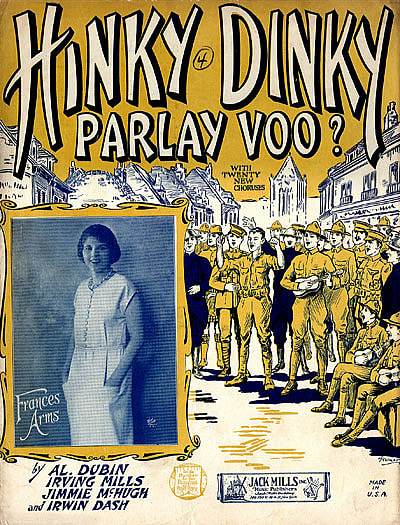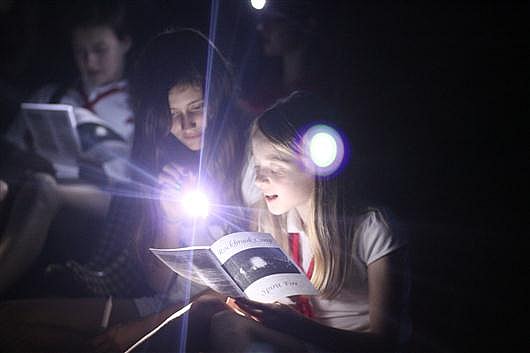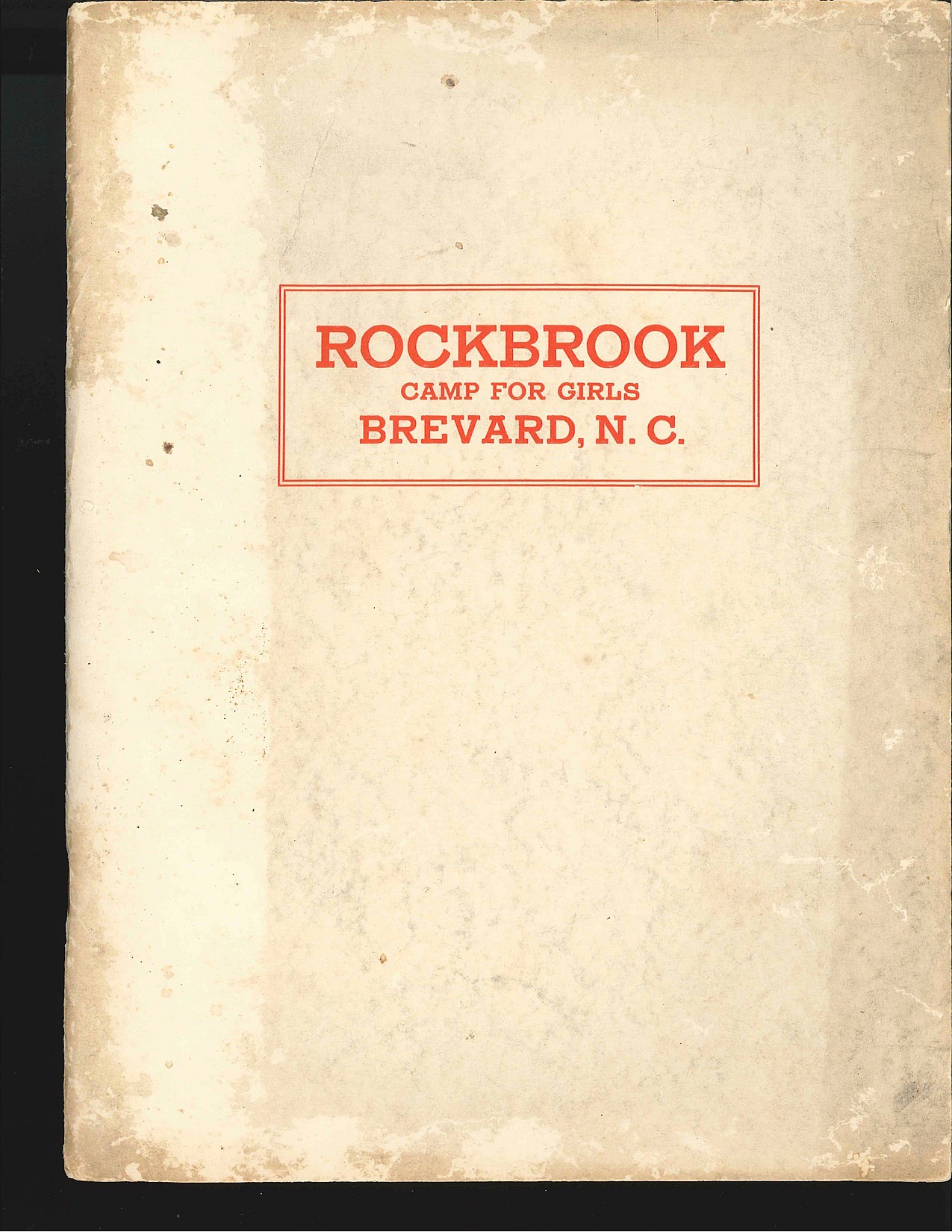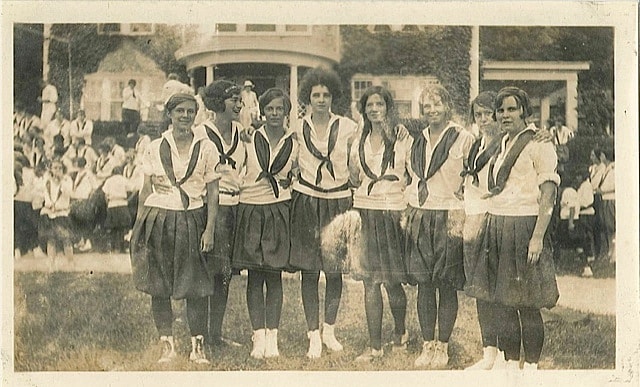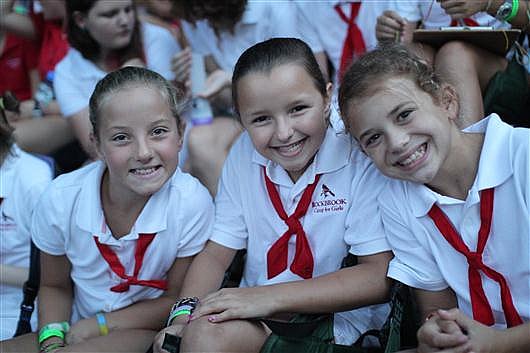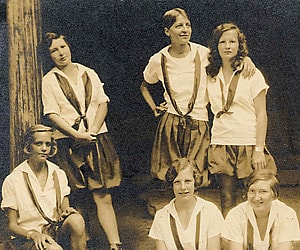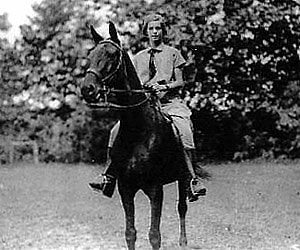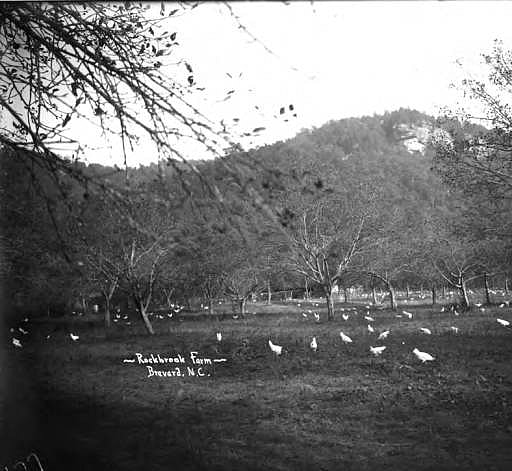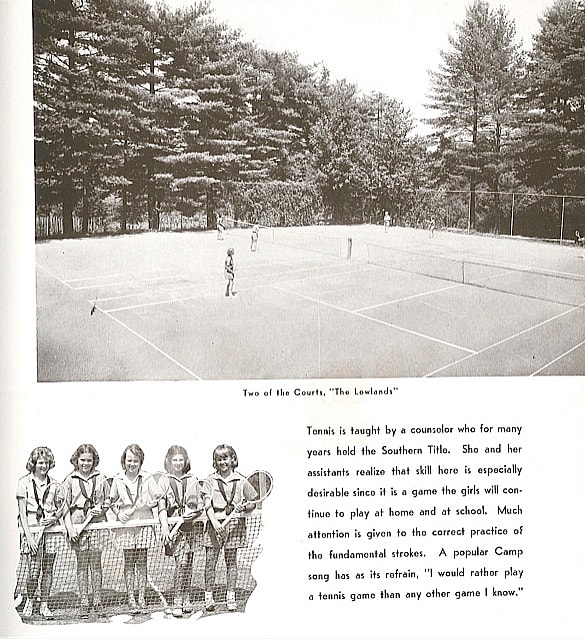Singing is a huge part of camp life and one of the funniest song traditions at Rockbrook is the Parlez-Vous Song. A Parlez-Vous is a song made up by a cabin or group of campers and then performed spontaneously in the dining hall. After asking several Alumna if they remember singing Parlez- Vous at camp, it seems that they have been part of the Rockbrook lore since the 1930’s. Here is an example of a Rockbrook Parlez- Vous:
We had so much fun at the camp out last night, parlez- vous
We had so much fun at the camp out last night, parlez-vous
We had so much fun at the camp out last night
The S’mores and stories were out of sight
Inky Dinky parlez- vous
These spontaneous songs are often very humorous and creative and always bring a laugh and a smile to everyone as we enjoy our meals together.
So, what in the world is the history of the Parlez- Vous and how did it come to be part of Rockbrook’s history?
After a little digging it appears that the origins of the Parlez- Vous come from a World War I song called Mademoiselle from Armentières. This song was adapted from a British Indian Army song called Skiboo. It was a rhyming song, whose lyrics changed quite regularly. During World War I it was often referred to as the Hinky Dinky Parlez Vous Song and would be adapted and sung by soldiers. Some versions were a bit risque but we were able to find a great version. Listen below and be sure to wait for the chorus!
Isn’t it fascinating how songs at camp are passed along from generation to generation? If you remember any funny Parlez-Vous from your days at camp, please send them in! We would love to hear them.


